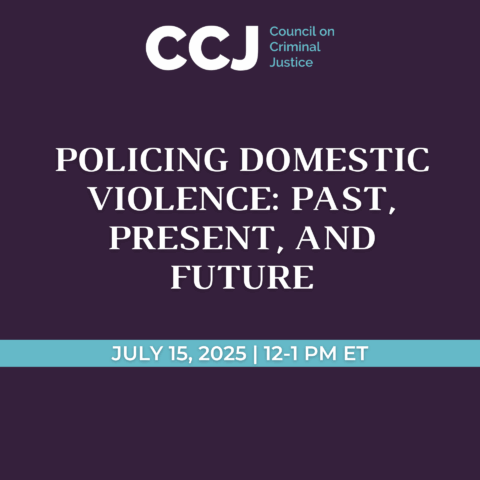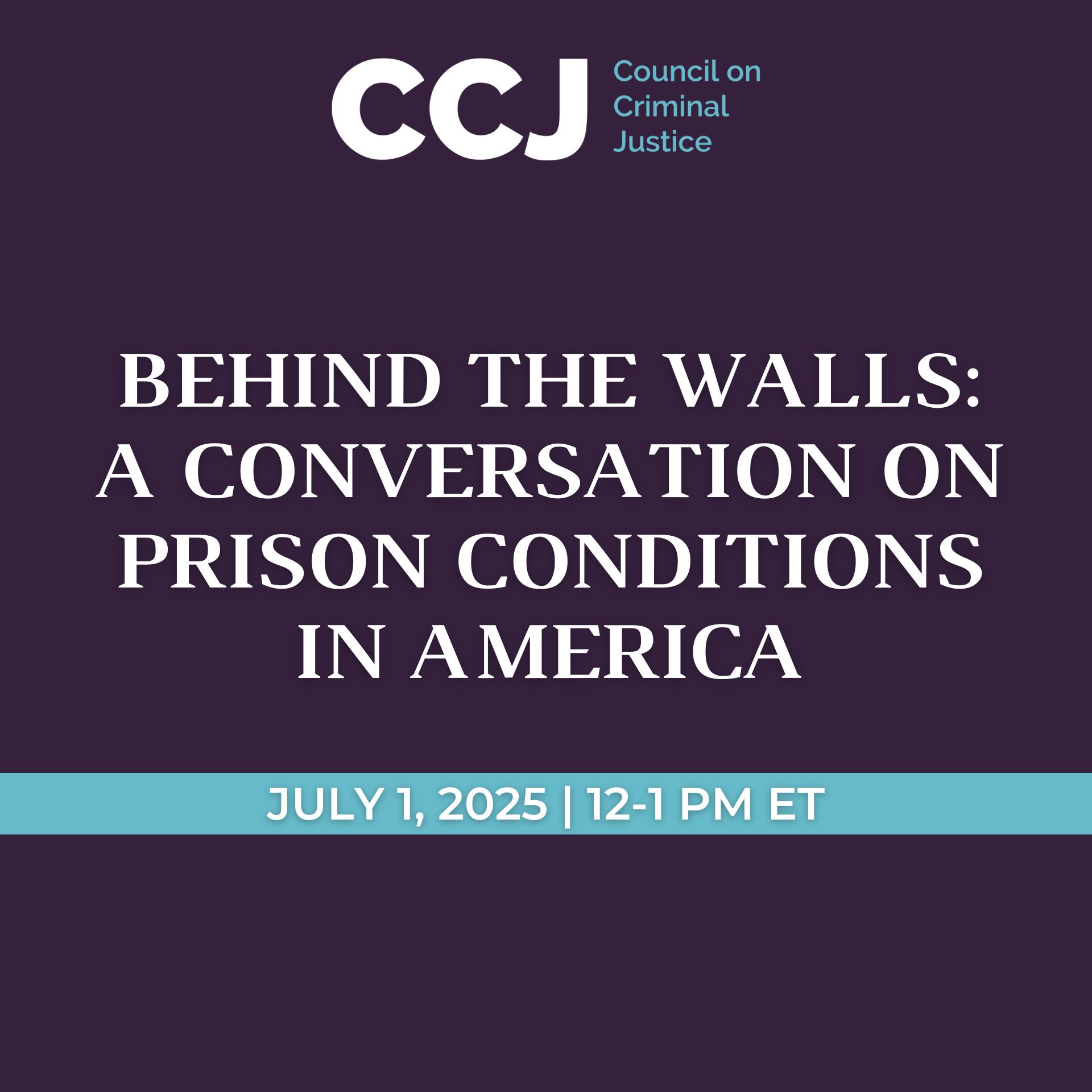At CCJ’s Task Force on Long Sentences’ third meeting (April 20, 2022), members focused on what research, the experience of directly impacted people, and the expertise of professionals teach us about how long sentences address the needs associated with serious and violent victimization.
The meeting featured two presentations. John Maki, Long Sentences Task Force Director, first provided an historical overview of how victim services, law, and policy were developed alongside our contemporary use of long sentences in the 1980s and 1990s. Maki’s presentation pointed to lessons learned about violent victimization since that period, and in particular insights about the impact of trauma and the overlap between victimization and offending that can inform the Task Force’s assessment of long sentences.
The Task Force also heard from Dr. Alicia Boccellari (University of California, San Francisco), an expert on trauma and community violence, and founder of the Trauma Recovery Center, one of the few evidence-based programs for underserved victims and survivors of serious and violent crime that has been replicated across the country. Dr. Boccellari described how unaddressed trauma can lead people to engage in behavior that harms themselves and others, and how trauma-informed services can not only alleviate traumatic symptoms, but also potentially improve other outcomes, like increasing cooperation with law enforcement.
Key Findings from the Presentations
- Young people age 12-34 from low-income households in urban areas are most likely to experience serious violence (Warnken & Lauritsen, 2019).
- Young Black males living in the poorest households are most at risk of serious violent victimization, and yet they are also less likely to access victim services (Warnken & Lauritsen, 2019).
- Evidence-based trauma recovery programs have shown promising and cost-effective results in helping people heal from the detrimental effects of violent victimization (see slide 17 of The Impact of Violence and Trauma for more information).
- Exposure to high rates of serious violent victimization can produce continuous traumatic stress. This is a state in which individuals feel chronic anxiety about current and future threats of violence.
- Traumatic stress is associated with a host of harmful behaviors and outcomes, including increased likelihood of criminal offending and incarceration.



